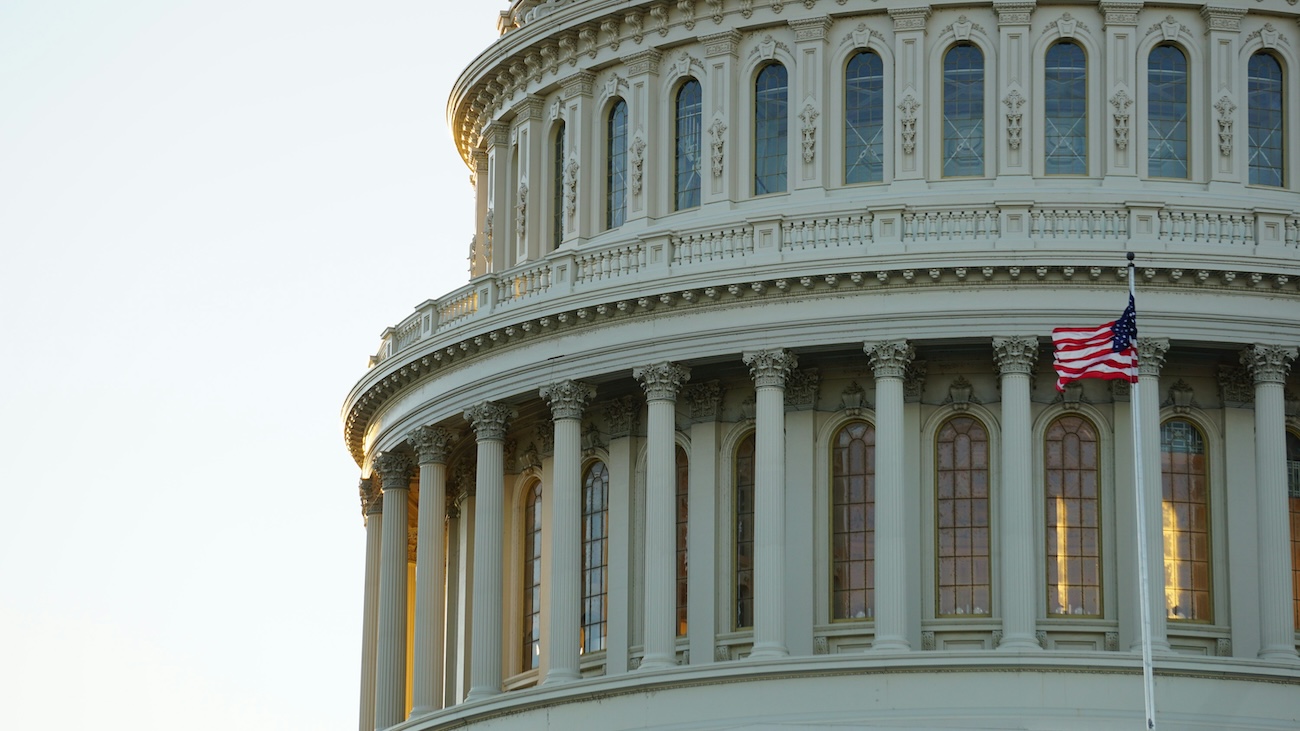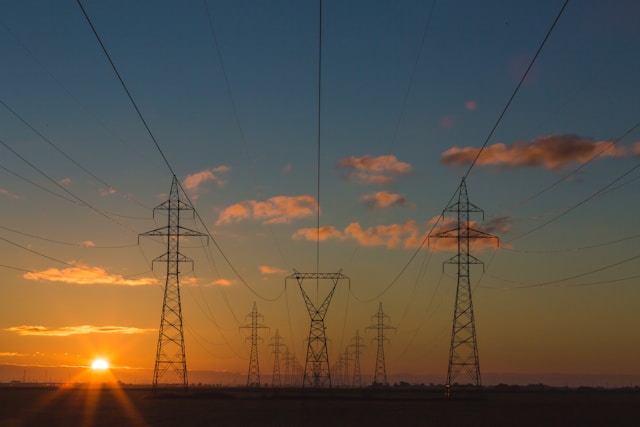
The impact of the Trump administration on American nuclear energy policy
The Trump administration’s approach to energy policy marks a pivotal moment in the development of the American nuclear industry, presenting unprecedented opportunities for innovation, market expansion, and global leadership. With a clear mandate to “drill, baby, drill,” the administration is poised not only to enhance traditional energy production but also to redefine the role of nuclear power in meeting the nation’s energy demands. How will President Trump’s energy policies shape the future of the nuclear sector, and what opportunities for innovation will emerge in this revitalized landscape?
Strategic policy realignment in the American nuclear sector
The administration’s “all-of-the-above” energy strategy positions nuclear power as a cornerstone of American energy independence, representing a significant shift from previous policy approaches. This realignment reflects a deeper understanding of American nuclear energy’s strategic importance in maintaining grid stability and enhancing national security.
On inauguration day, President Trump declared a national energy emergency, initiating executive actions aimed at bolstering the nuclear energy sector and increasing uranium demand.
The administration’s emphasis on regulatory streamlining, while maintaining rigorous safety standards, demonstrates a sophisticated approach to balancing innovation with public safety.
At the heart of this policy shift lies a recognition that nuclear energy plays an irreplaceable role in America’s energy portfolio. The administration’s approach moves beyond traditional regulatory frameworks to embrace a more dynamic, market-oriented strategy that encourages private sector investment while maintaining essential safety oversight. This balanced approach represents a marked departure from historical regulatory patterns that often created unnecessary barriers to nuclear development without proportional safety benefits.
Technological innovation and market development
The current policy environment has created unprecedented opportunities for technological advancement in the nuclear sector. Small Modular Reactors (SMRs) stand at the forefront of this innovation wave, representing a fundamental reimagining of nuclear power generation. These advanced systems offer enhanced scalability, reduced capital requirements, and sophisticated safety architectures that address many of the challenges associated with traditional nuclear facilities.
Following the latest declaration of President Trump, the U.S. Department of Energy recently announced a $13 million initiative and up to 50 million in the upcoming years to support advanced nuclear reactor licensing, reducing the financial and regulatory barriers to new technologies.
The administration’s support for next-generation nuclear systems extends beyond SMRs to encompass advanced fuel cycle technologies and improved waste management solutions. This comprehensive approach to technological innovation recognizes that American nuclear energy’s future depends on addressing the full spectrum of technical challenges, from initial fuel processing to ultimate waste disposal.
Market acceleration mechanisms under the current administration have been carefully crafted to support this technological innovation while maintaining market efficiency. Strategic tax incentives and public-private partnership frameworks create a supportive environment for nuclear development without distorting market signals. This approach has proven particularly effective in encouraging private-sector investment in advanced nuclear technologies.

Global market leadership and international relations
The administration’s vision for American nuclear leadership extends well beyond domestic markets. Chris Wright, nominated as Secretary of Energy, has indeed emphasized the need to expand nuclear power to maintain competitive energy production and cost efficiency for Americans.
By positioning the United States as a global leader in nuclear technology, the administration seeks to shape international standards while creating new opportunities for American businesses. This strategy encompasses sophisticated approaches to technology transfer, export control, and international safety standards.
International partnerships are crucial to this global strategy. The administration has developed nuanced approaches to bilateral cooperation that protect American intellectual property while facilitating beneficial technology transfer. These partnerships extend beyond simple commercial relationships to encompass comprehensive cooperation on safety standards, emergency preparedness, and non-proliferation efforts.
Economic implications and industry development
The economic impact of the administration’s nuclear policies extends far beyond the energy sector. Nuclear facility construction and operation create substantial employment opportunities across multiple skill levels, from construction trades to highly specialized engineering positions. Moreover, the nuclear supply chain spans numerous industries, creating economic benefits that ripple throughout the economy.
The administration’s focus on streamlining regulations and promoting private-sector investment plays a crucial role in enhancing operational efficiencies and reducing capital costs within the nuclear industry
This approach recognizes that nuclear energy’s future depends on maintaining economic competitiveness while meeting stringent safety requirements. The Trump administration’s policies support this goal through targeted initiatives that address specific challenges in project execution and supply chain management.
Strategic challenges and risk mitigation
Despite the significant opportunities presented by current policies, substantial challenges remain. Historical incidents continue to influence public perception of nuclear energy, requiring sophisticated approaches to communication and community engagement. The administration’s proactive strategy, including transparent communication about safety protocols and the implementation of advanced safety systems, is designed to mitigate these challenges and build public trust.
Under current policies, technical and operational considerations receive equally careful attention. Advanced safety systems, optimized waste management protocols, and enhanced emergency preparedness measures form integral components of the administration’s nuclear strategy. These elements reflect a sophisticated understanding of the technical challenges facing nuclear energy development.
Geopolitical implications and energy security
The administration’s nuclear policies have significant geopolitical implications, particularly in the context of global energy markets and international security. Strengthening America’s position in global nuclear markets enhances national security while contributing to international stability. The careful balance between promoting American interests and maintaining international cooperation demonstrates efforts to assert global nuclear leadership.
Energy security considerations play a central role in policy development. The administration’s strategy recognizes that nuclear power contributes to energy security through reliable baseload generation and reduced dependence on imported fuels. This security-oriented approach extends to critical infrastructure protection and strategic resource management.
The Trump administration’s nuclear energy policies represent a sophisticated approach to advancing American interests while addressing complex technical and social challenges. Success in full implementation requires careful attention to multiple factors, including regulatory efficiency, technological innovation, and international cooperation. The path forward demands continued commitment to safety, environmental protection, and economic efficiency.
Under current policies, the future of nuclear energy appears promising, though success will require sustained effort and careful attention to emerging challenges. By focusing on technological innovation while addressing legitimate public concerns, the administration’s policies create a framework for sustainable nuclear energy development that serves both domestic and international interests.




